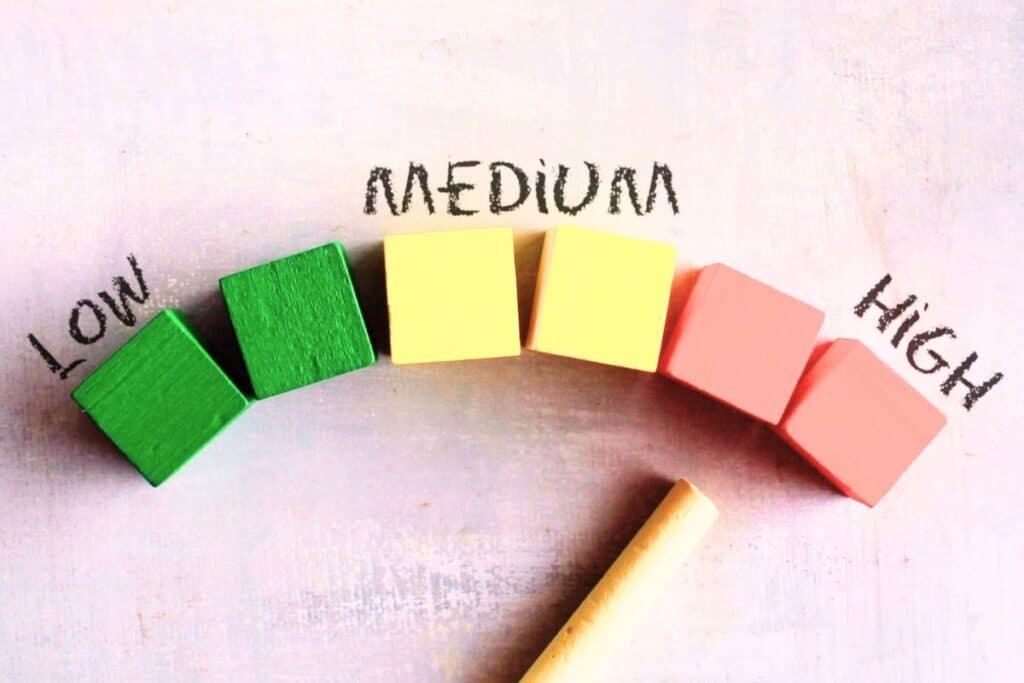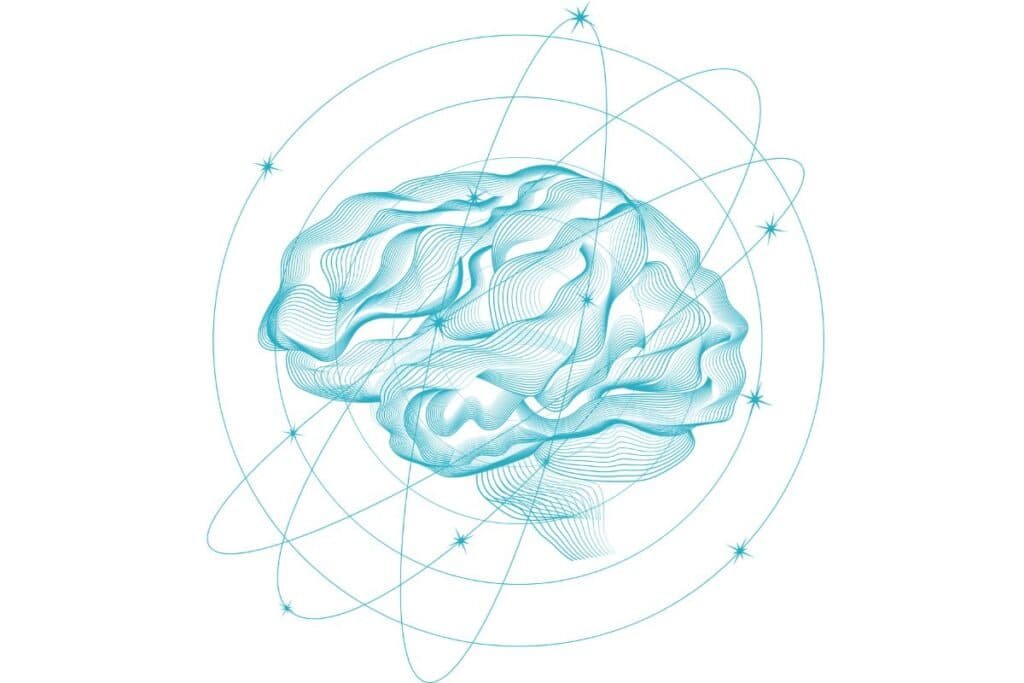Grease (1978) is an iconic film. There’s no disputing it.
We all love it.
We all belt out Summer Nights and Greased Lightning at the tops of our voices when they’re played at weddings, school discos and the work Christmas party.
This film is a classic, right? And Grease itself is an amazing film, of course it is.
But, and here’s the big but…
But does it feed into the narrative of rape culture and the wider issue of violence against women and girls?
In my opinion, yes. And being the mother of two daughters, I’m divided on how I feel about them watching this film when they’re older.
In this post, we will explore what VAWG is and how Grease’s problematic messaging impacts modern viewers with regards to:
- Consent
- Rape culture
- Sexual violence
What is VAWG?
VAWG stands for Violence Against Women and Girls.
When we talk about VAWG culture, we’re referring to a society where violence against women and girls isn’t just tolerated, but is often overlooked or even normalised.
This isn’t to say that people approve of such violence, but it’s about how our media, law enforcement, schools, and even families often downplay or make excuses for these actions.
It’s the subtle ways in which victim-blaming becomes ingrained in everyday life, or how misogynistic attitudes are brushed off as ‘just the way things are.’
VAWG culture runs deep.
It exists in everyday interactions and is perpetuated through:
- The language we use
- The way we respond to incidents of violence
- The lack of proper support systems for survivors of grooming and abuse
VAWG culture promotes the assumption that women should take responsibility for their safety in ways that go beyond common sense, like the idea that they shouldn’t walk alone at night or wear certain clothes. This belief feeds into victim-blaming culture and blames women for the actions done to them, rather than the perpetrator who performed the acts of violence.
VAWG is also embedded in how victims often feel silenced or shamed into staying quiet about their experiences. And ultimately, VAWG culture makes it harder for women and girls to live without fear or to seek justice when violence happens.
Real-Life Examples of VAWG
You might not always see VAWG in its most extreme forms. You might also be excused if you think that having the word ‘violence’ in its name means that acts need to be physical in order to ‘count.’
But ‘violence’ isn’t just about physical acts of violence. It’s also presented in subtle, everyday actions.
Here are just a few examples:
Street Harassment
Catcalling, leering, and comments about appearance are more than just annoying. When they happen to women and girls, it’s VAWG.
These actions are a form of control, designed to make women feel unsafe in public spaces. It’s about taking away the freedom to exist without being objectified or intimidated.
Domestic Abuse
Domestic abuse can include physical, emotional, and psychological abuse that happens behind closed doors.
It’s often minimised or ignored because it happens in private, but the impact can be devastating.
Sexual Harassment in the Workplace
A touch here, an inappropriate comment there.
These moments are often brushed off as ‘just a joke’ or ‘just banter,’ but they are rooted in power dynamics and an unequal society.
Online Abuse
Technology has given abusers new ways to exert control.
Whether it’s through sending unsolicited explicit images, spreading rumours, or bullying, the internet can be a toxic environment for women and girls, where they face threats and harassment at all hours of the day.
Victim Blaming
When a woman or girl is assaulted or abused, a common response is to ask what she was wearing, whether she was drunk, or why she didn’t fight back.
This is part of the culture that prevents us from holding perpetrators accountable and instead shifts the focus onto the survivor.
How Grease Reinforces Rape Culture
There’s a strong chance that you read the introduction to this post and thought, ‘Nah, this isn’t for me. She’s got it all wrong.’
But I’m guessing that you started reading this post because of the title and so are still here to dive deeper into the argument of how such an iconic film adds to the problem that is violence against women and girls.
So why and how does Grease contribute to rape culture and violence against women and girls?
For me, this is an easy answer. It’s because, at its core, the takeaway message of the film is that a girl needs to change herself and sexualise herself to get the guy that she wants.
It promotes coerced teen sex, raises a lot of questions about consent (the line ‘Did she put up a fight?’ for example!?), and also promotes shunning women who may have got pregnant out of wedlock. I mean, forget Kenickie’s responsibility, Rizzo was somehow the irresponsible one who bought it all on herself when she had a pregnancy scare.
What does that teach young people watching this film? That women take all the responsibility whilst men have a good time with us?
Why Grease’s Consent Messages Are Problematic
The song Summer Nights asks the question, ‘Did she put up a fight?’ The boys are asking Danny if he fucked his summer crush and did he successfully subdue her into submission.
This question is hugely problematic, both when the song was first written in the 1970’s, but also now in the 2020’s.
I mean, doesn’t this line just scream sexual violence?
In my opinion, it feels as though the film is saying that it’s ok for a male to continue his advances on a female even if she’s uncomfortable with his actions.
This song is often played not only in the film, but also at workplace parties, children’s discos, and school productions. And what underlying message does this song send to the young people either listening to it, or playing the parts of Danny and Sandy?
And this isn’t an isolated incident within the film.
The Problematic Messaging of Consent
And let’s not go there with the drive-in scene where Danny tries to grope and kiss Sandy.
Actually, let’s.
In this scene, Danny clearly wants the situation of sitting next to a girl to go a whole lot further. But when she protests to his advances, his line is, ‘Don’t worry, nobody’s watching!’
In the stage version of the show, this is met with laughter (at least, it was when I saw the musical on stage). And don’t get me wrong, when I saw the stage production of Grease, I also laughed at this line. It was ironic to have someone on stage saying ‘nobody’s watching’ to a room of a few hundred people.
But let’s break this down for a minute. This is a 17-year-old girl who is actively rejecting a guy’s advances.
She’s probably terrified. And yet this is supposed to be a comical moment.
What sort of damage does this do to women and girls? How can one minute we all be laughing at Sandy for not wanting to be sexually assaulted by Danny, yet it’s suddenly not funny when it’s happening in real life?
And what message does this send to males? That regardless of what a woman says, she’s probably joking and wants his advances anyway? Or that her wishes aren’t valid and he can ignore her protests to stop?
What confusing and contradictory messages are we sending to our children, society, the judicial system, health and social care professionals, the education system, etc, about consent and the realities of sexual violence.
Why is it ok that in our personal lives, we’re laughing at Sandy’s misfortune because Danny explains it away with a witty line? Yet if this were to happen in real-life, society would likely be on a witch-hunt for this male, demanding to have him exposed in the name of safety for others?
I understand that times have changed and legislation has updated. However, this message was not ok to send to either females or males in the 1970’s, just the same as it’s not an ok message to send out to viewers today.
So, Should We Cancel Grease?
I do love the film Grease, but I do think there’s a wider conversation to be had as to how this much celebrated and loved film tells women that getting pregnant and being sexually harassed are issues that are either their fault and/or to be expected just because you are a woman.
However, I don’t think that Grease should be ‘cancelled.’ Among its dated flaws, I do think that Grease has plenty of good points. For example, there are positive messages around friendship and discovering who you are as a person.
I feel that films such as this, though, need to be talked about more so that people understand their problematic messaging and raise awareness that this is a film and should not represent real life.
Perhaps, if Disney can display messages in front of films stating that that piece of media represented views of the time that are no longer appropriate or acceptable (albeit this messaging is about racism rather than VAWG), films such as Grease could have a similar message at the beginning.
This post is adapted from a section of It's All Your Fault - due for release in 2025.



